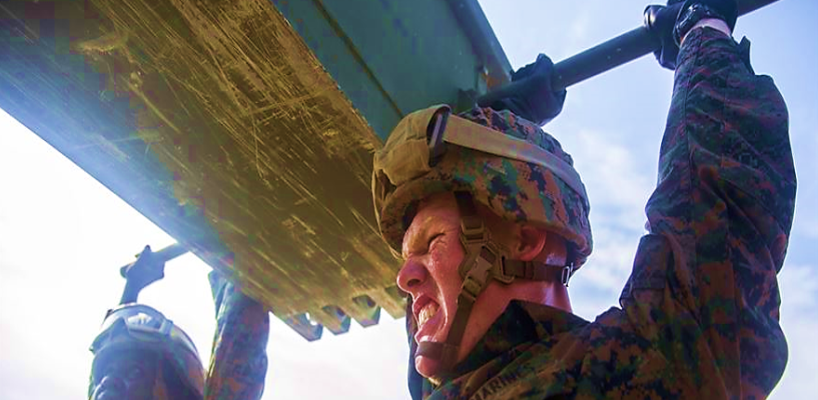Most veteran students only have a maximum of 48 months of GI Bill benefits if they are eligible for two or more GI Bills; Thirty-six months if eligible for one GI Bill. With a finite number of months of entitlement, it is important to maximize their benefit.
Part of getting the most “bang for your buck” is choosing a school that will get you to your end goal – getting a respectable job in your chosen career field without racking up a lot of student loan debt. With many for-profit schools only after the almighty buck or closing as did Corinthian Colleges, it hurts to make a mistake and lose GI Bill benefits unnecessarily. Students still have not recovered any GI Bill benefits lost as a result of Corinthian’s closure.
While there are questions too numerous to cover within the scope of this column, here are six that will give you a feel for a school:
- What is the student’s employment rate and average salary after graduating?
One list just published that can help answer those two questions is the Military Times Best for Vets: Colleges 2016 – 4-Year Schools. Scrolling to the far right in the list we can see after six years, the percentage of graduates employed and their average salary.
While this information is the total for all graduates, a student can look up the major on BLS. For Criminal Justice graduates, it shows Police and Detectives earn a median pay rate of $56,980. The lowest 10% earned 33,060.
- If a school touts itself as veteran-friendly, just what is it doing to prove it really is friendly to veterans?
One of the best ways to ascertain veteran-friendly is to go to the school and visit their veteran’s center. Is it a modern place you would like to go to meet other veterans? Does the campus have a Student Veterans of America (SVA) chapter? If so they can put you in touch with other veterans on campus. Talk with them and find out what they like about the school and what they don’t. Most will be honest with you once they find out you are a veteran too.
- Does the school give credit for military training?
If not, that is a red flag. Most schools will give credit (up to a certain number – 30 is common) for military schools and occupational specialties. Request a transcript be sent to your school. Air Force veterans will have to get their transcripts from the CCAF. The transcript will show credits earned in both upper and lower division. Discuss with your school how many they will accept.
The importance here is that the more credits you can get for military training and experience, the fewer GI Bill benefits you have to use to get your degree. You could use those residual credits to pursue a graduate degree or certification in something related to your degree.
- Will credits from this school transfer to another?
This is a good indictor as to the quality of education from a school. If another school won’t accept credits, look for another school. Ask around at other schools if they will accept transfer credits from the school you are considering.
- Does the school have the accreditation necessary for me to get a job in my career field?
Usually a regional accreditation is better that a national one. Ask companies in the career you are considering what accreditations they accept.
- What is the default student loan rate?
This is a good indicator if students are forced to take out too many student loans and then not earn enough after graduation to pay them back. In the Military Times list of 4-year schools, most of the public schools have default rates of 9% or less.
When searching for a school, one can never be too careful. Once GI Bill benefits are gone, they are gone for good, so it is important to use them wisely by doing due diligence when choosing a school. Nobody is going to watch out for you except you!




